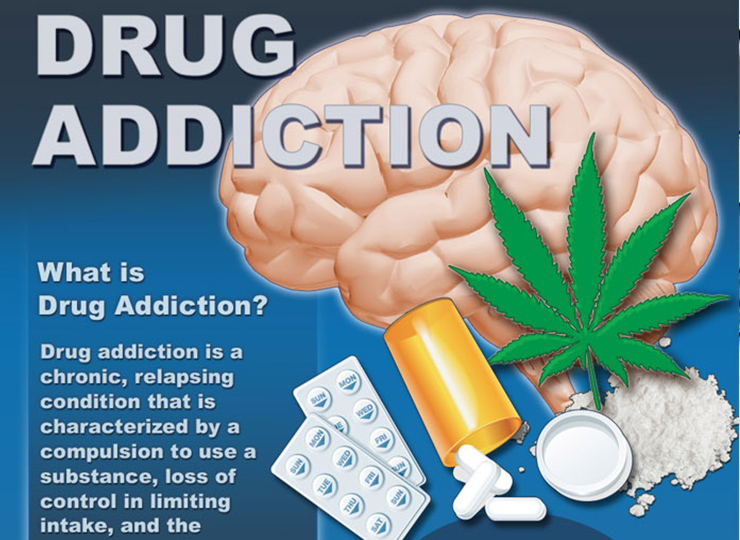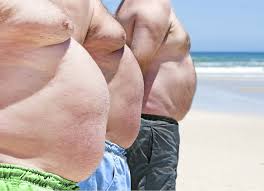Brains acceptance of food addiction

Brains acceptance of food addiction. This organ needs to be protected if healthy life is to be realized
Brains acceptance of food addiction: Is food a drug from your brain’s perspective?
Making the reference from the holy book, God created all things that in his wisdom would make humanity comfortable before even thinking of creating man. Among the things created to keep man comfortable is food. From creation, man has made a lot of modification on what they feed on making me believe that it was God’s will that we feed on the freshness of his freely provided food be it food from vegetation or animals. What we call improvement is in my view the problem why today we can imagine food as being addictive hence our discussion of brains acceptance of food addiction. Therefore, to start you on the foods we feed on affects how our neurons behave and subsequently how we think and feel. From this description in the brains understanding, food is a drug. We are going to be speaking to the experts from the AWAREmed health and wellness resource center under the leadership of Doctor Dalal Akoury MD, for a better understanding of these hard facts about the brain and food.
Brains acceptance of food addiction: Carbon-bound consumers
One constant fact about our daily feeding is that most of our meals consist of carbon which gets into our system through our feeding tubes in the form of fats, carbohydrates, and proteins, we then break those chemical bonds to extract energy, and excrete the residue as carbon dioxide, water vapor, and various solid waste. Nonetheless, sometimes some of these chemicals can make their way from our digestive system and into the brain leading to severe consequences. And according to doctor Akoury, ascertaining the distinction between what is considered a food (needs) or a drug (wants) is becoming difficult to define. The routine use of some substances, like stimulants and depressants, is so universal that most of us do not even consider them to be drugs, rather, actual food. Like, for instance, is coffee, tea, tobacco, alcohol, cocoa, or marijuana a nutrient or a drug?
The truth is, anything you take into your body should be considered a drug, whether it’s obviously nutritious or not (of cause we are now talking about the improvement we have done on what God had intended for our consumption before we introduced the technology on food). As you will see, even molecules that are clearly nutritious like essential amino acids including lysine and tryptophan available in bulk at your nearest grocery store, exhibit properties that many would attribute to drugs further explaining why we all need to seek for expert’s opinion from time to time and doctor Akoury being a veteran addiction expert, will be of great help to you if only you can schedule an appointment with her today.
Finally, the foods we eat, and most popular psychoactive drugs, come from plants or animals. Their ingredients are similar to the neurotransmitters our brains and bodies use to function normally explaining why the contents of our diets can interact with our neurons to influence brain function, and it highlights a very important principle that chemicals in the food will only act on your brain if there is some resemblance of the actual neurotransmitter or otherwise interact with a biochemical process in your brain that influences the production, release, or inactivation of a neurotransmitter. These active ingredients should be closely scrutinized for assurance of good health.
Brains acceptance of food addiction: Is food a drug from your brain’s perspective?








